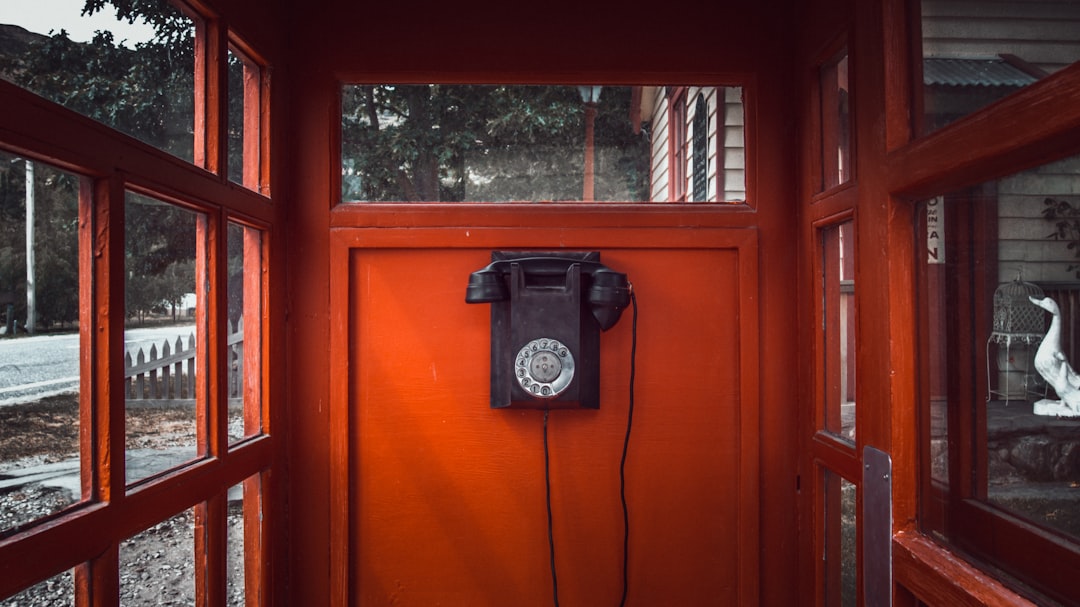West Virginia's "Do Not Text" laws ban manual texting while driving, emphasizing hands-free communication. These laws include restrictions on spam calls and texts from law firms. Residents should consult specialized Do Not Text Lawyers West Virginia or Spam Call law firms West Virginia to avoid legal issues and ensure compliance with state regulations, prioritizing road safety over fines.
In West Virginia, hands-free communication is not just a convenience but a legal requirement. With the rising concerns over distracted driving, the state has implemented strict laws prohibiting text messaging while behind the wheel. Understanding these regulations is crucial for both drivers and businesses, especially those offering legal services related to do-not-text initiatives. This article explores West Virginia’s hands-free communication laws, their implications on lawful communication practices, and how individuals and law firms can navigate the do-not-call lists in adherence to local legislation. For expert advice, consider consulting a Do Not Text Lawyer or Attorney in West Virginia who specializes in these laws.
Understanding West Virginia's Hands-Free Communication Laws
In West Virginia, staying connected while on the road doesn’t have to come at the cost of safety. The state’s hands-free communication laws, designed to reduce distracted driving, allow drivers to engage in certain types of communication without taking their hands off the wheel. This includes using voice commands for navigation systems, making calls through Bluetooth or other hands-free devices, and sending text messages via voice assistants like Siri or Google Assistant.
Understanding these laws is crucial for West Virginia residents and visitors alike. Under the Do Not Text Laws West Virginia, it’s illegal to manually type, send, or read a text message while driving. Lawyers specializing in these laws, often referred to as Do Not Text Lawyers West Virginia or even Spam Call law firms West Virginia, emphasize that compliance is not just about avoiding fines but ensuring the safety of everyone on the road. Remember, when behind the wheel, it’s best to keep your hands on the steering wheel and your focus on the road—let technology facilitate communication, not divert your attention.
Do Not Text and Drive: Implications for Lawful Communication
In West Virginia, the “Do Not Text” laws are designed to promote safe driving practices and prevent accidents caused by distracted driving. These laws specifically prohibit sending or reading text messages while operating a vehicle, except in cases where the vehicle is parked or not moving. For instance, an attorney or law firm practicing in West Virginia cannot engage in spam calls or texts that fall outside these permissible exceptions. Adhering to these regulations ensures legal professionals can communicate with clients without endangering public safety.
For West Virginia residents facing charges related to Do Not Text laws, it’s crucial to consult a lawyer specializing in this area. A proficient “Do Not Text lawyer” in West Virginia can offer guidance and represent your interests effectively. Engaging such legal counsel is essential for understanding the scope of these laws and ensuring compliance to avoid potential penalties.
Legal Protections: How to Navigate Do Not Call Lists in West Virginia
In West Virginia, communicating via text message while driving is prohibited unless it’s hands-free. This means users must avoid sending or reading texts on their phones while behind the wheel to comply with state law. However, navigating do not call lists is an additional layer of protection for individuals looking to prevent unwanted communication from lawyers and law firms. West Virginia has specific laws in place that regulate spam calls, including text messages, from legal professionals.
To protect themselves, residents can register their phone numbers on both state and national “Do Not Call” lists. These registries limit the number of marketing or unsolicited calls, including those from attorneys and law firms promoting their services. Individuals who believe they’ve been violated by a lawyer or law firm under West Virginia’s do not text laws may seek legal recourse by consulting with a specialized attorney who can guide them through the appropriate steps to resolve the issue.






